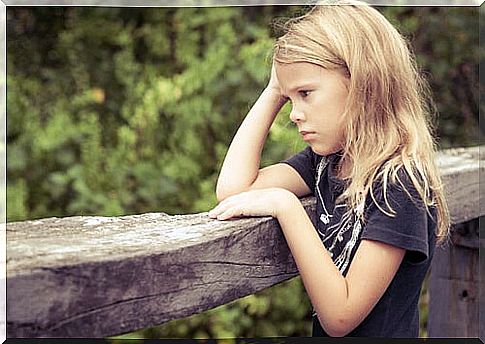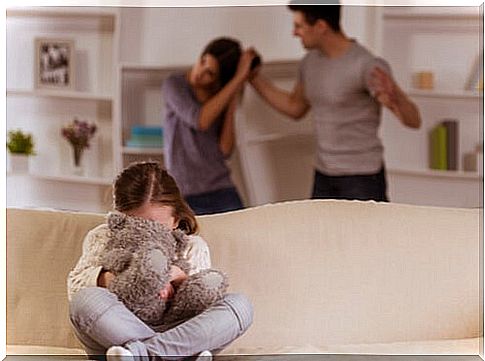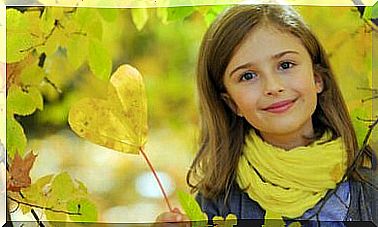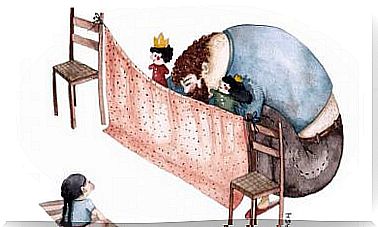The Effects Of Toxic Stress On Children’s Brain Development

The healthy development of children can be affected by excessive or prolonged response to stress from systems in the body and brain. In fact, toxic stress can have damaging effects on learning, behavior, and health throughout life.
Learning to cope with adversity is an important part of healthy child development. When we are threatened, our body prepares to respond by increasing our heart rate, blood pressure, and stress hormones such as cortisol.
When a young child’s stress response systems are activated in an environment of supportive relationships with adults, these physiological effects are dampened. The result is the development of healthy stress response systems. However , if the stress response is extreme and long-lasting, and these damping relationships are compromised, the result can weaken the brain’s systems and structure. The repercussions can be lifelong.
In the absence of responsive relationships with adult caregivers, a child’s stress response systems go into high alert and remain there. The cumulative cost increases the likelihood of developmental delays, learning disabilities, and childhood behavior problems, as well as diabetes, heart disease, depression, drug abuse, alcoholism, and other major health problems in adults.

Stress in childhood
Early childhood experiences play an important role in how the brain develops and how it works. Interactions with the child and his environment affect long-term learning, behavior, and health. For the development of a healthy brain structure, it is essential that the child has responsive caregivers and that he develops positive relationships that help him learn to manage stressful experiences.
In general, the stress response is a physiological response to an adverse event or demanding circumstance and includes biochemical changes in the neurological, endocrine and immune systems; however, stress is not always a negative phenomenon. Stress can be positive, tolerable, and toxic.
A positive response to stress is a normal response to stress and is essential for a child’s growth and development. Positive responses to stress are rare, short-lived, and mild.
The child is supported with strong social and emotional buffers, such as reassurance and parental protection. The child gains motivation and stamina for each positive response to stress, so that the biochemical reactions return to the baseline.
Responses to tolerable stress are more severe, frequent, or sustained. The body responds to a greater degree, and these biochemical responses have the potential to negatively affect brain structure.
Child toxic stress
Childhood toxic stress is an abnormal response to stress that consists of a disorder that results in a sustained increase in cortisol levels and a persistent inflammatory state in which the body fails to normalize these changes, regardless of the disappearance or not. of the stressor.
Toxic stress results in prolonged activation of the stress response, with a failure of the body to return to basal levels at the constants that have been altered. Lack of support, reassurance, or emotional attachment from caregivers can prevent a normal stress response from being a normal stress response.
Childhood toxic stress is a very serious problem. Children who experience toxic stress are at risk for long-term adverse health effects that may not manifest themselves until adulthood. These adverse health effects include poor coping skills, inadequate stress management, unhealthy lifestyles, mental illness, and physical illness.
The more adverse the childhood experiences, the more likely developmental delays and later health problems, such as heart disease, diabetes, substance abuse, and depression, will appear.

Brain development and toxic stress
Children experience external behaviors, such as aggression, and internal behaviors, such as anxiety and depression. The problem is that these behaviors are not exclusive to children whose development has been affected by stress and trauma, and often the people around the child only see an aggressive child who acts … and not a child who you are trying to make someone aware of the constant pain you are experiencing.
The trauma caused by toxic stress and its effects can also have the subtle effect of normalizing. Children who do not have a broader vision of the world may come to think that domestic violence is normal, or that violence in the streets is as natural as rain.
In terms of development, a child experiencing adversity is at risk for permanent changes in brain structure, epigenetic alteration, and altered genetic function. The long-term health implications and developmental effects are critical, and include an increased risk of stress-related illnesses.
The response to toxic stress affects the neuroendocrine-immune network, and the response leads to a prolonged and abnormal cortisol response. The resulting immune dysregulation, which includes a persistent inflammatory state, increases the risk and frequency of infections in children. In addition, the toxic stress response is believed to play a role in the pathophysiology of depressive disorders, poor regulation of behavior, post-traumatic stress disorder, and psychosis.
It is also known that adults who suffered adversity in early childhood also experience physical illness and poor health outcomes. These poor health outcomes are varied and include alcoholism, chronic obstructive pulmonary disease, depression, cancer, obesity, increased suicide attempts, or ischemic heart disease, among many other conditions.
Experts recommend creating policies that minimize the impact of toxic stress on children. Some suggestions include: making expert assistance more accessible – for caregivers who do not have enough knowledge and skills to help young children who show symptoms of toxic stress – and increasing support for existing intervention programs.









